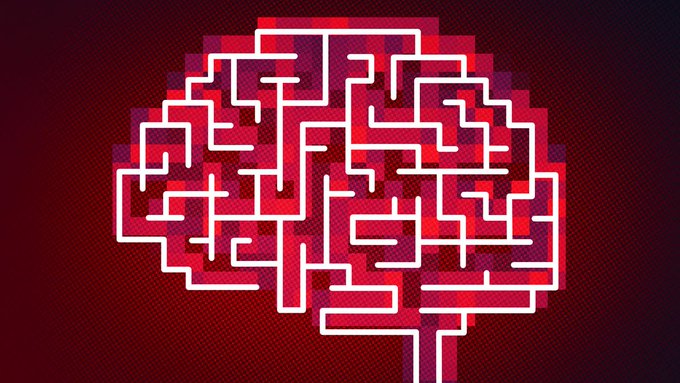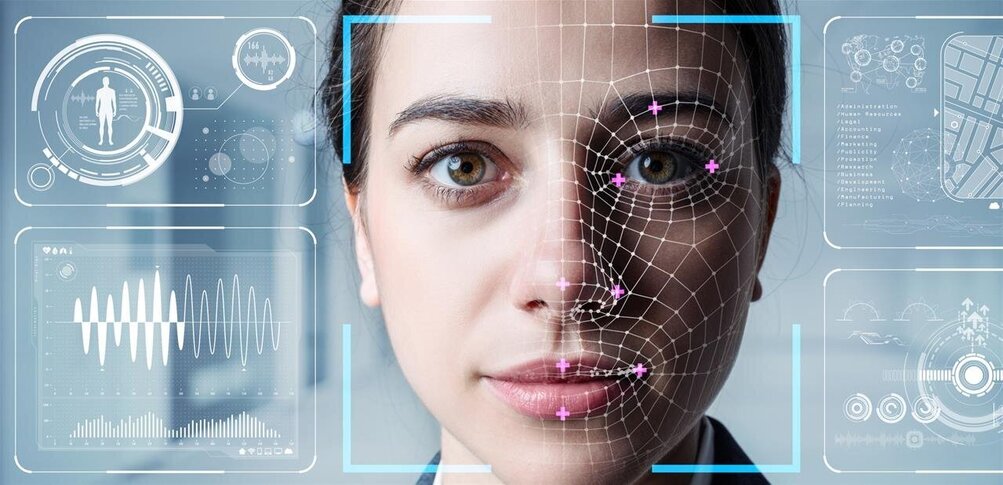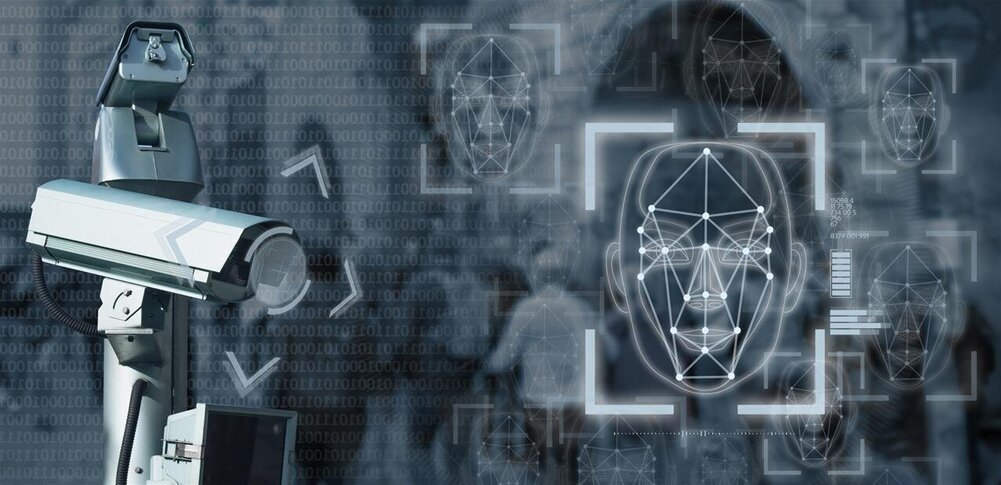Creating and testing code at the touch of a button through generative artificial intelligence (AI) models, such as GitHub CoPilot or ChatGPT, almost seems too good to be true. So good, in fact, that there has to be a catch.
While software professionals are embracing AI as a power tool to build, launch, and update applications, there is also nervousness about its intellectual property and security implications. Is that AI-generated code scraped from someone else’s intellectual property? Does the model draw on internal corporate data that should be kept secure?
Also: How to use ChatGPT to write code
Technologists recognize that AI adoption requires attention to rights, privacy, security, productivity, and training, according to a GitLab survey of 1,001 developers and executives, conducted in June.
Mots-clés : cybersécurité, sécurité informatique, protection des données, menaces cybernétiques, veille cyber, analyse de vulnérabilités, sécurité des réseaux, cyberattaques, conformité RGPD, NIS2, DORA, PCIDSS, DEVSECOPS, eSANTE, intelligence artificielle, IA en cybersécurité, apprentissage automatique, deep learning, algorithmes de sécurité, détection des anomalies, systèmes intelligents, automatisation de la sécurité, IA pour la prévention des cyberattaques.






